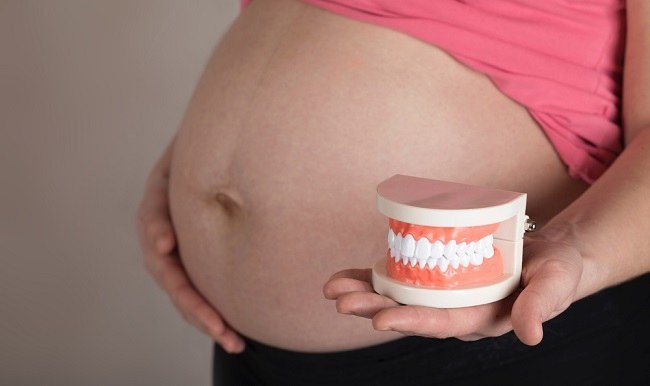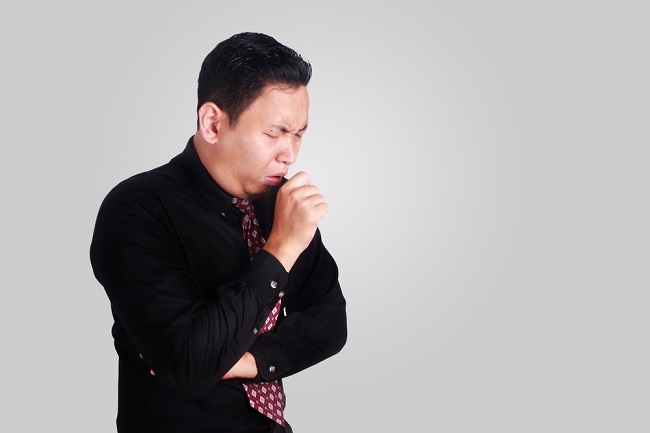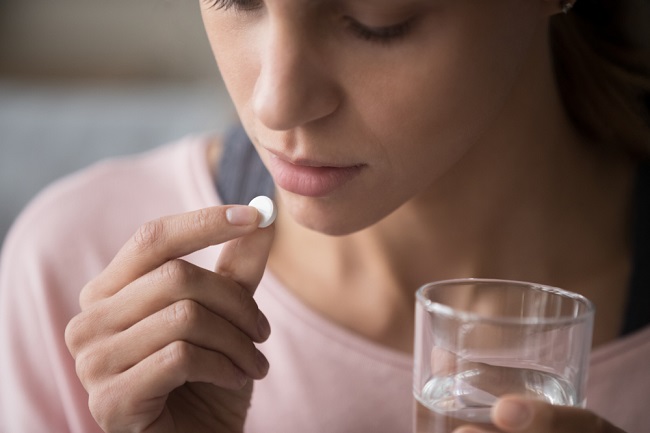People living with HIV/AIDS (PLWHA) are susceptible to infectious diseases, stress, and various health problems that can interfere with their quality of life. However, this should not be an obstacle for PLWHA to lead a productive and healthy life.
HIV is a virus that damages the immune system. If left untreated, HIV infection can progress to AIDS which is very dangerous.

Based on data from the Ministry of Health of the Republic of Indonesia in 2018, there were around 640 thousand people with HIV/AIDS in Indonesia. Although it can't be cured, there are some simple steps that PLWHA can take to extend life expectancy as well as improve their quality of life.
Various Tips for Living with HIV/AIDS
A healthy lifestyle is something that must always be prioritized, no matter how severe the HIV/AIDS sufferer is. For this reason, people living with HIV are advised to follow some of the following tips for living with HIV/AIDS:
1. Take ART medicine regularly
Treatment of HIV / AIDS so far has not been able to completely cure and kill the HIV virus. However, this treatment is important to do to suppress the amount of virus and prevent the HIV virus from weakening the patient's immune system. Drugs used to treat HIV/AIDS are called antiretroviral drugs (ART).
Although there are many types of ART drugs that can be used, the goal remains the same, namely to help the immune system prevent and fight infection, and reduce the risk of spreading the HIV virus to other people.
Therefore, in order to live a healthy life and prevent transmission of the virus to others, people with HIV/AIDS need to take ART drugs regularly according to the dosage and instructions recommended by the doctor.
2. Maintain ideal body weight
Every person with HIV/AIDS needs to maintain their weight. This is because a body that is too fat or too thin can worsen disease conditions and potentially cause other health problems, ranging from osteoporosis, kidney disease, stroke, to heart disease.
To find out the ideal weight, people living with HIV need to calculate the body mass index (BMI). If the BMI shows that PLWHA is overweight or underweight, the doctor will help determine the steps that can be taken to achieve the ideal weight.
3. Consuming foods high in nutrients
Consumption of nutrient-rich foods, such as fruit, vegetables, whole grains, eggs, and milk, has a variety of benefits, including strengthening the immune system, helping the body obtain nutrients and energy, and maintaining overall health.
In addition to consuming foods high in nutrients, PLWHA must also have sufficient fluid intake by consuming 8 glasses of water per day, and limiting the intake of sugar, salt, and fatty foods.
Not only that, make sure the food has been cleaned and cooked thoroughly before consumption. Due to a weaker immune system, people with HIV/AIDS are prone to infection if they eat unclean, undercooked or raw food.
4. Exercise regularly
Exercise can increase your strength, endurance, and fitness, while helping your immune system work better at fighting off infections. Take a leisurely walk, bike ride, or jogging for 20-30 minutes, at least 3 times a week, can be a good exercise choice for people with HIV / AIDS.
However, PLWHA should still consult a doctor to determine the type of exercise that is safe to do. The doctor will determine the type and duration of exercise according to the patient's health condition.
5. Avoid smoking and alcoholic beverages
People with HIV/AIDS who have a smoking habit are at high risk of experiencing health problems due to smoking, such as lung cancer, heart disease, and chronic obstructive pulmonary disease (COPD).
Likewise, if PLWHA consume alcoholic beverages. The habit of consuming alcoholic beverages can cause the immune system to weaken and damage the liver.
6. Complete immunizations
Given that the HIV virus can weaken the immune system and make the sufferer susceptible to infectious diseases, immunization is one of the important steps that need to be taken by people living with HIV/AIDS.
Immunization cannot eliminate the HIV virus or treat infectious diseases. However, immunization can prevent viral and germ infections that can cause serious illnesses in people living with HIV, such as meningitis, pneumonia, and hepatitis B.
However, the provision of immunization to PLWHA has conditions. Some types of immunization should not be given if the immune condition of PLWHA is weak. To determine whether their body condition is suitable for immunization, people living with HIV/AIDS need to have regular medical check-ups with a doctor.
7. Reduce stress
Living with HIV/AIDS is not easy. In addition to being susceptible to illness, people with HIV/AIDS often experience mental stress and severe stress. Not even a few PLWHA live with mental disorders, such as depression and anxiety disorders. Therefore, it is important for people living with HIV to have friends, relatives, or communities who can provide emotional support.
In addition, people with HIV / AIDS also need to reduce stress and get enough sleep, in order to prevent the weakening of the immune system. If necessary, PLWHA can always consult a doctor to undergo a counseling session (VCT).
To ensure that their health condition is maintained, PLWHA needs regular check-ups with the doctor. That way, doctors can find out whether the treatment steps taken have been effective, and detect if there are other health problems, so that they can be treated immediately.
Can People with HIV/AIDS Have Sex?
HIV/AIDS is not an obstacle for sufferers to have a normal sexual life. It's just that PLWHA really have to be more careful when having sex, to prevent the risk of transmitting the HIV virus to their partners. Before having sex, PLWHA should be honest and open with their partner about their status as PLWHA.
Please note that the HIV virus is not transmitted through kisses, handshakes, or hugs, unless there is thrush or sores in the mouth, on the hands, or sores on the skin. If you have sores or canker sores in your mouth, people with HIV/AIDS should not kiss for a while until the wound heals completely. If not, it is feared that the HIV virus can spread through canker sores or sores.
When having sex, whether penetrative sex (copulation), anal sex, or oral sex, PLWHA can prevent the spread of the virus by wearing a condom.
However, if you have sex to have a baby, it is recommended that PLWHA consult a doctor first. Without strict handling and supervision by doctors, the HIV virus is very risky to be transmitted to the fetus.
Anyone can live a healthy life, including PLWHA. With maintained health, people suffering from HIV/AIDS can remain productive and have a good quality of life.









